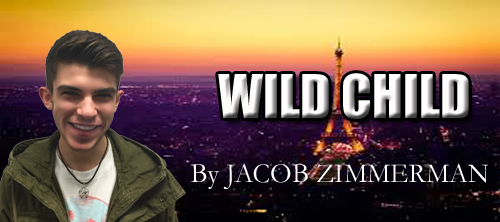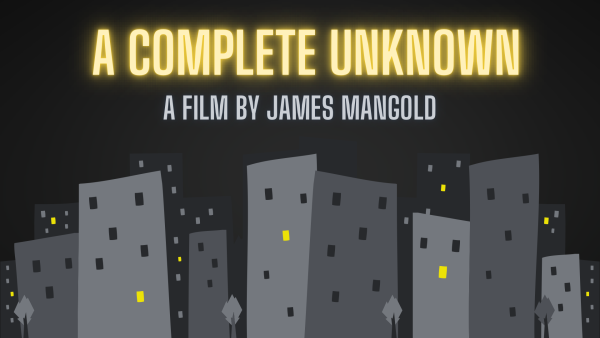Caffeine addiction plagues students, raises questions

On the weekends I am often found relaxing at a coffee shop with pen and paper. Coffee shops provide an environment of social refuge from the nuisances of life. Baristas sometimes learn your name, remember your drink order and may give you an extra shot of chocolate sauce if you tip well. The first time I ever tried coffee, I pondered how a liquid could taste so ironically dry. Now, I consume coffee on the daily as fuel for my ongoing hipsterism and attitude; the coffee is as dry as my insults.
I always tell all of my friends that I drink a cold, bottled Starbucks vanilla Frappuccino every morning before school just so I can deal with people. When I am not drinking coffee at local shops, I am toting around a cup or brewing a batch at home in the late hours of the night, preparing for a duel with homework. I worship caffeine as my savior; it allows me that extra hour of consciousness past midnight to crank out my math homework, and then pass out from exhaustion. My caffeine intake and my sleep schedule should not intertwine, yet it happens often while juggling academics, a school newspaper, a work schedule, a rehearsal schedule, extracurriculars—I might as well add breathing to the list—and so on.
Do I drink too much coffee? Yes. Do the physical and social benefits of coffee, however, make it a useful tool? Yes, in moderation. I can alternate the days I drink my coffee, reserve my late-night use of it for emergencies or even try different times to drink my coffee. Coffee as a stimulant works most effectively when the consumer has not reached peak daily function. Health professionals also recognize caffeinated coffee as a healthier source of caffeine than other sources, as the coffee contains antioxidants and does not contain as much sugar as caffeinated soft drinks.
The Sleep Foundation acknowledges that only 15% of teens get a proper 8.5 hours of sleep on school nights, so teens have to muster up “energy” somehow (I put energy in quotes to avoid offending my physics teacher). Caffeine works as a stimulant in the nervous system, and teens consuming this compound desire the “shock” that allegedly sustains the mental focus they lack after a poor night of sleep. This caffeine intake can also cause a physical dependence and alter moods, unfortunately. We should therefore consume coffee in moderation. How much caffeine should one take in?
Psychology Today discloses that The Food and Drug Administration does not recommend a certain limit on caffeine intake, but the site suggests that a healthy intake of caffeine for teens tops off at about 100 milligrams per day. A Grande-sized coffee from Starbucks, however, contains 330 milligrams of caffeine. A 5-Hour Energy shot has about 208 milligrams. If teens combine these products with caffeinated soft drinks or other sources of caffeine such as chocolate, they well exceed the limit. This can lead to a caffeine addiction, and quitting it cold turkey can lead to unpleasant withdrawal symptoms such as headaches and stomach irritability.
I do not think most coffee drinkers, however, plan to quit drinking coffee. The only reason why I would consider quitting my coffee craze would depend on my finances. Skip a cup, save a buck. (Wow, I should sell that to an ad company.) Coffee has reached a level of popularity where you can chat with others about your favorite flavors and brews as an icebreaker. No one finds conversations on coffee abnormal. If I want to go on a date, I most likely would opt for my favorite coffee shop. Caffeine may not run my life story, but you can bet it shows up as a recurring theme.
We all may need a little energy boost from time to time. In all honesty, I think parents and health professionals alike would rather see teens hooked on coffee instead of alcohol or illicit drugs. No, mom, I am spending all my money on my mocha Frappuccinos and vanilla lattes, not vodka and moonshine.


